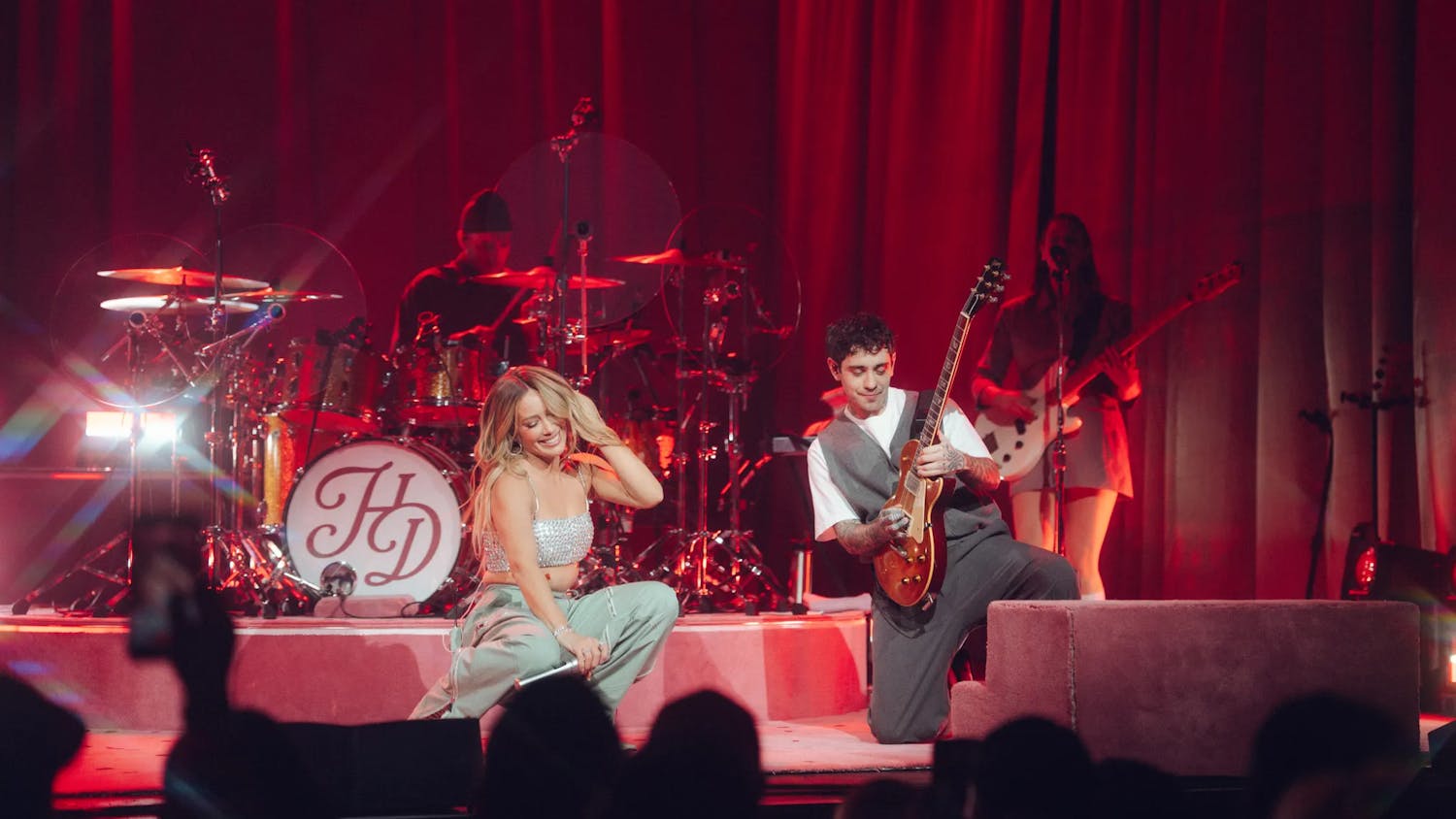What happens when world-class musicians are brought together to discuss complex issues of civic engagement and break down cross-cultural barriers? The Music & Civil Society symposium, held tonight at Brown's Cogut Center for the Humanities and Saturday at the Providence CityArts for Youth gallery, aims to provide an answer to this question.
The symposium is co-sponsored by the Cogut Center and Community MusicWorks, a nonprofit organization seeking to enhance musical education in the Providence community. It will feature 12 speakers from various academic and performance backgrounds for a series of dialogues and musical presentations centered on the impact of music in civil society. With presenters arriving from locations as varied as Venezuela, the Middle East and Germany, the gathering will address the role arts play in global communities, said Sebastian Ruth, founder and artistic director of Community MusicWorks.
"This is not only about artistic and musical experience," Ruth said. "The social experience that people can have through music can be transformative."
The symposium is the culminating event in a three-year partnership with the Cogut Center, which began after the two organizations received a $300,000 grant from the Andrew W. Mellon Foundation in 2008, Ruth said. He added that the event's organizers attracted the attention of prominent musicians by emphasizing the positive role arts education can play in a broader community across diverse cultures. "We've got a phenomenal lineup," he said.
Referencing the significant role music has played in the Occupy protests across the country, Ruth said it would be interesting for presenters to address this recent example of music's role in civil society, but added he could not anticipate the specific content of the speakers' discussions. But he cited Venezuela — where a newly established national network of orchestras has encouraged low-income youths to become more involved in their communities — as a model for the kind of civic engagement the symposium would address.
Michael Steinberg, director of the Cogut Center, professor of music and history and co-organizer of the symposium, said the speakers were selected on the basis of both their background in musical education and the work they have done in general cultural education through local and global initiatives. He described the lineup of presenters as individuals who fulfill this mission, adding that the keynote speaker, Bard College President Leon Botstein, has worked to advance cultural education through programs in both the Middle East and at the Los Angeles Philharmonic orchestra.
"He's been pioneering in all of these fields," Steinberg said. He said the symposium's fusion of the humanities and community service links perfectly with the University's mission to build ties between academics and social engagement in Providence.
"Our education is always tied to the world," Steinberg said. "When you play music with somebody else, you begin a path of communication and dialogue that breaks down a lot of barriers."
Steinberg said all the speakers are known for using music as a tool of civic improvement. For example, Pamela Rosenberg, dean of fellows and programs at the American Academy in Berlin, has worked on increasing the role of music in early childhood education in Germany. Toshiko Mori, a professor of architecture at Harvard's Graduate School of Design, is the creator of specially designed tents that bring acoustic concert spaces to impoverished areas in West Africa and elsewhere.
With such a talented panel, the symposium promises to have both entertaining musical performances and dialogues that provide food for thought. "I can't think of a concert I've been more excited about," Steinberg said.
The Music and Civil Society symposium will run Friday from 9 a.m. to 6:30 p.m. at the Cogut Center and continue Saturday from 9:30 a.m. to 3 p.m. at Providence CityArts.




